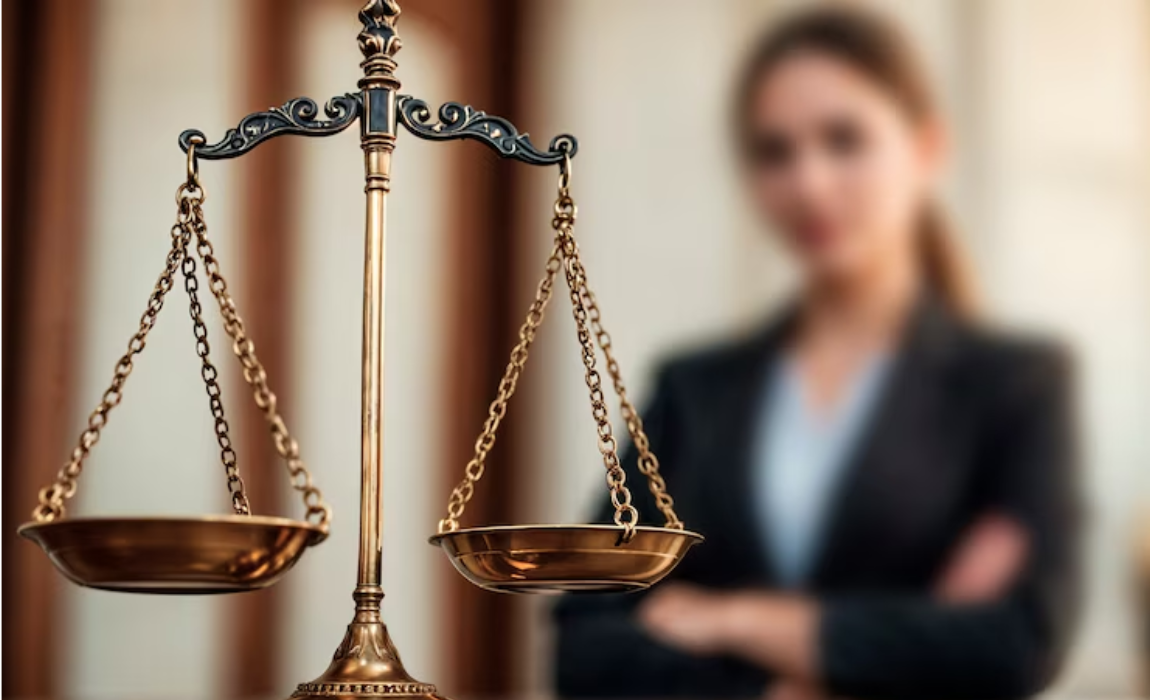
Judicial Independence and Accountability: The Inquiry into Justice Yashwant Varma
The Indian judiciary is once again standing at a delicate crossroads—where the ideas of independence and accountability are not just being debated in courtrooms or law schools, but are playing out in real time, in full public view. The ongoing inquiry into Justice Yashwant Varma, a sitting judge of the Delhi High Court, has triggered intense discussions not only among legal circles but also among citizens concerned about the health of our democratic institutions.
To be clear, this isn’t the first time questions have been raised about a sitting judge, nor will it be the last. But what makes the case of Justice Varma particularly important is the moment in which it is unfolding. India is witnessing increasing scrutiny of its institutions, and in this atmosphere, the judiciary—the one branch of government that has traditionally enjoyed a high level of public trust—is also facing
uncomfortable questions about transparency and accountability.
So, what exactly is at stake?
At one level, this inquiry is about the conduct of a judge and whether it adheres to the standards expected from the high office he holds. If the allegations are serious, the process must be fair, thorough, and above all, rooted in law—not rumour, speculation, or political agendas. But at a deeper level, this is about preserving the very soul of the judiciary: the belief that justice is delivered not only impartially but also with the highest ethical integrity.
At the same time, we must be cautious. Judicial independence is not just a slogan—it’s a foundational principle. Judges must be free from pressure, interference, and intimidation, whether from the executive, the legislature, or even public opinion. That’s why the process of holding judges accountable must be handled with extreme care, ensuring it does not become a tool for vendetta or political manipulation.
Unfortunately, in India, the system for judicial accountability remains a grey area. There is no independent oversight body for judges. Impeachment is a constitutional remedy, but it is rarely used and almost impossible to enforce without political backing. The in-house mechanisms of the judiciary are opaque. The public often has no idea whether complaints are being acted upon or quietly buried. This lack of transparency fuels distrust—and that’s dangerous.
In the case of Justice Varma, what’s essential is balance. If there is genuine wrongdoing, it must be addressed. No one, not even a judge, is above the law. But if there is an attempt— however subtle—to tarnish a judge’s reputation for unpopular rulings or independence from government pressure, that too must be exposed and resisted.
What adds another layer to this issue is the silence. Neither the judiciary nor the executive is offering clarity. The media, in parts, has already begun trial by insinuation. The result? A public that is confused, unsure whether to trust the system or suspect it’s rigged.
This is not how a mature democracy handles concerns about its judiciary.
Judicial accountability and judicial independence must coexist. One without the other is dangerous. Absolute independence without accountability can lead to arbitrariness. But accountability without independence is nothing but pressure in disguise. That’s why India desperately needs institutional reform—something like a National Judicial Commission, independent of both the judiciary and the government, to look into complaints, maintain oversight, and reassure the public that justice is not only done but also seen to be done.
Justice Yashwant Varma’s inquiry must not become a political football. It must become a moment of reflection: Are we doing enough to protect honest judges? Are we doing enough to punish the corrupt ones? Are we, as a country, mature enough to do both—at the same time?
The judiciary cannot afford to lose public trust. Because when people stop believing in justice, the collapse of democracy is never far behind.
